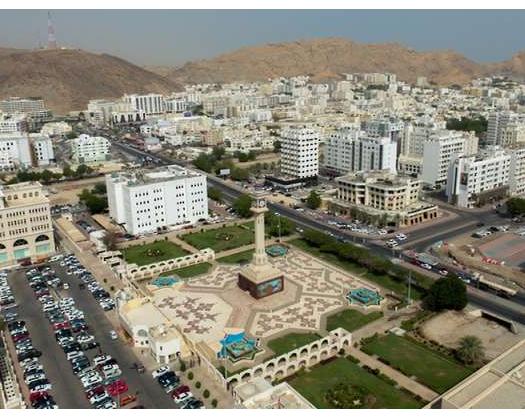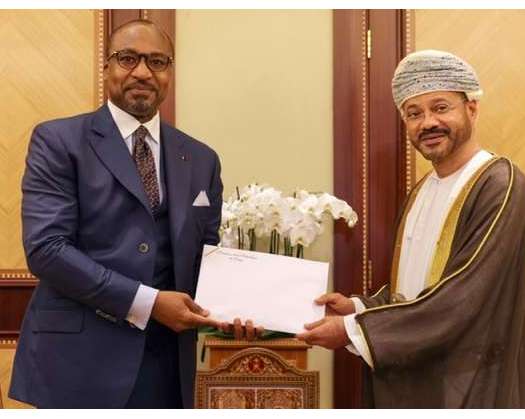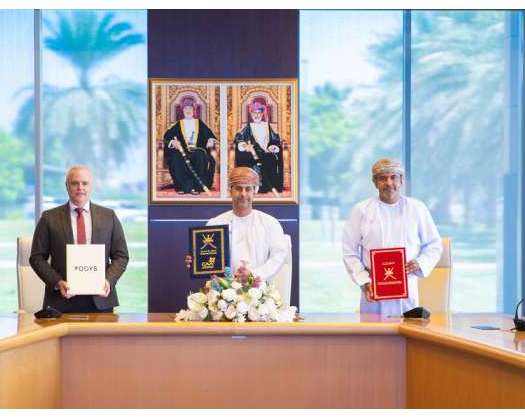Muscat: The Sultanate of Oman has received the International Monetary Fund's 2024 Article IV Consultation Report, which has been approved by the IMF Executive Board.
This report was generated after extensive discussions involving IMF specialists and more than 20 governmental and private organizations, as part of the annual consultations mandated by Article IV of the IMF Articles of Agreement. Participants in these discussions included, among others, the Central Bank of Oman, the Ministry of Finance, the Ministry of Economy, the Ministry of Labour, the Oman Investment Authority, and the Oman Tax Authority.
Regarding the performance of the domestic economy, the report noted a sustained growth rate in economic activity within the Sultanate of Oman, with the real GDP growth rate for the first half of 2024 reaching 1.9%, an increase from the 1.2% growth recorded in 2023.
This growth is primarily attributed to the ongoing enhancement of the non-oil sector, which experienced a growth rate of 1.8% in 2023 and 3.8% in the first half of 2024, driven by improvements in the industrial and manufacturing sectors as well as the services sector.
Conversely, the growth of hydrocarbon activities has seen a decline due to voluntary production cuts implemented by oil-exporting nations in accordance with Opec+ agreements. The report suggests that, in the medium term, non-hydrocarbon activities are likely to remain the main contributors to overall economic growth, supported by the execution of significant projects by the private sector.
On the subject of domestic price levels, the report emphasizes Oman's achievement in managing inflation, with data indicating a decrease in inflation to 0.6% from January to October 2024, down from 1.0% in 2023. This decline is attributed to a continued reduction in transport costs and a moderation in food price inflation.
The IMF’s report highlighted the effective fiscal management of the Sultanate of Oman, noting its success in achieving surpluses in both the public finance balance and the current account balance of the balance of payments. This achievement was bolstered by robust growth in non-hydrocarbon exports and elevated oil prices. Furthermore, the report indicated a continued reduction in public debt, projected to reach 35% by 2024, enhancing the credibility of the government's policies and programs. This improvement was also reflected in the recent upgrade of Oman's sovereign credit rating to investment grade.
Additionally, the report acknowledged the resilience of the banking sector, evidenced by the recovery of bank profitability to pre-pandemic levels, the presence of adequate capital and liquidity buffers, and the maintenance of high asset quality. It also noted a positive change in banks’ net foreign assets by the end of 2023, marking the first such increase since 2014.
The report emphasized the necessity of sustaining the momentum of reform implementation and economic diversification efforts in Oman. It also pointed out several risks that could influence the economic outlook, including escalating geopolitical tensions and potential declines in oil prices due to a global economic slowdown, particularly in China, which could adversely affect trade, tourism, and foreign direct investment.











